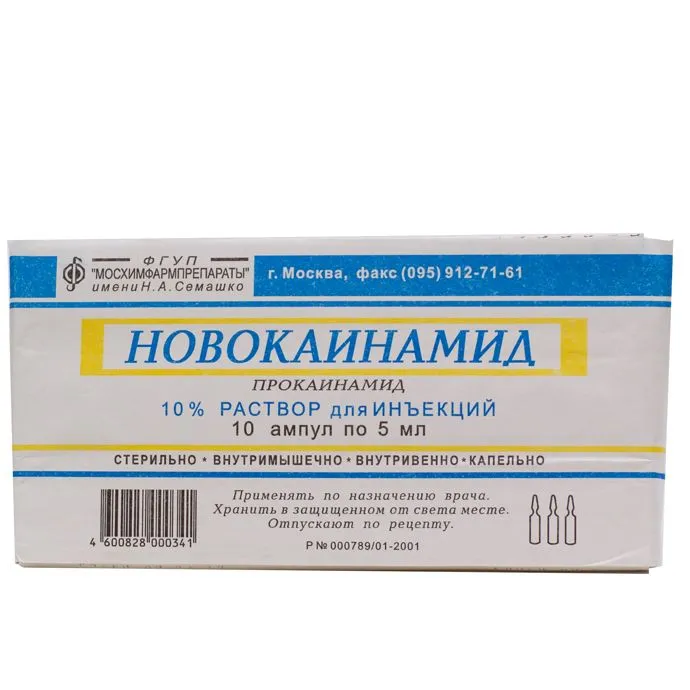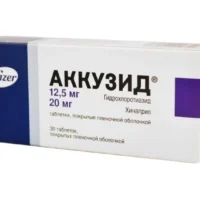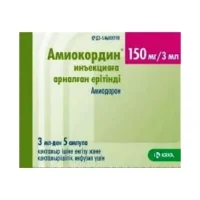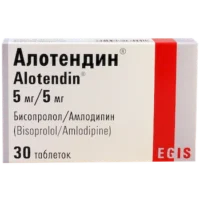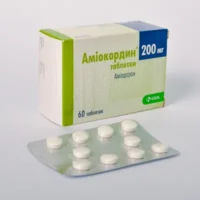Description
Novocainamid (Procainamide) Ampoules 10% 5 ml. №10
Ingredients
- Active ingredient: Procainamide hydrochloride 10%.
- Other ingredients: Water for injection.
Dosage
- Dosage: The usual adult dose is 50 mg/kg every 3 hours by slow intravenous infusion.
- Dosage adjustments: Dosage may need to be reduced in patients with renal impairment.
Indications
- Indications: Novocainamid (Procainamide) is indicated for the treatment of documented ventricular arrhythmias.
Contraindications
- Contraindications: Novocainamid (Procainamide) is contraindicated in patients with complete heart block, myasthenia gravis, and systemic lupus erythematosus.
Directions
- Directions: Administer by slow intravenous infusion. Dosage should be individualized based on patient response and tolerance.
Scientific Evidence
- Scientific evidence: Studies have shown that procainamide is effective in the treatment of various ventricular arrhythmias. A study by Roden et al. (1996) demonstrated the efficacy of procainamide in converting atrial fibrillation to sinus rhythm.
Additional Information
- Storage: Store at room temperature away from light and moisture.
- Caution: Use with caution in patients with hepatic impairment.
Pharmacological Effects: Procainamide works by blocking sodium channels in the heart, which helps to stabilize the heart’s electrical activity and prevent abnormal rhythms.
Clinical Trials: Clinical trials have shown that procainamide is effective in treating ventricular arrhythmias and can be a valuable option in patients who do not respond to other antiarrhythmic medications.

